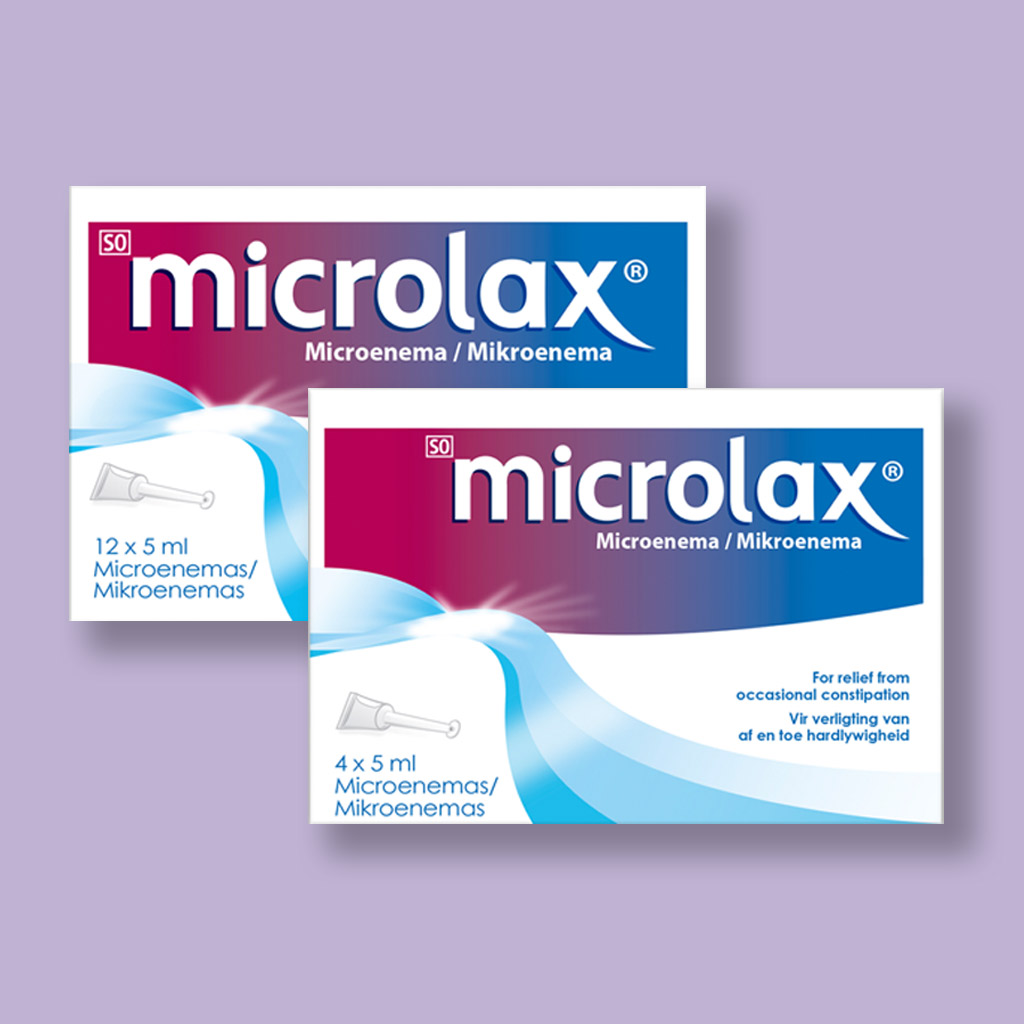General Questions About Constipation
How often should you have a bowel movement?
Everyone is different when it comes to their digestive rhythm. Age, diet and exercise all have a part to play. Some people will go to the toilet every day, others 3-4 times a week21 . The key is knowing what’s normal for you and focusing on your personal wellbeing. Typically, doctors might define constipation as defecation occurring less than three times a week1.
What is constipation?
From a regular feeling of infrequent or difficulty passing a stool, the effects of constipation can cause a range of issues. But despite differing symptoms, it’s a common problem shared by many, and luckily one that can usually be managed effectively. Doctors often diagnose constipation when defecation occurs less than three times a week1 . And constipation can be triggered by a number of factors including diet, age, hormones, medication, lack of physical movement and more4, 10.
Why do older people often suffer from constipation?
As people grow older, their body and digestive rhythm change with them. Internally, the intestine expands and creates more space for the stool to stay longer in the gut, increasing the likelihood that it will dehydrate and harden, and be more difficult to pass. Add to that a change in living conditions, lack of exercise or introduction of certain medications, and digestive issues can be a more frequent occurrence as you get older4,10, 21.
Why is constipation common during pregnancy?
As a consequence of hormonal changes during pregnancy, women may be more prone to constipation13. Certain supplements commonly given in pregnancy (e.g. iron tablets) are known to cause constipation4.
What are the key causes of constipation?
Constipation is a common condition, and it can be triggered by different factors in different people3, 4. It could be an unbalanced diet, travel, lack of exercise, hormones or just a sign that your digestive system is not functioning as it should. But, with a better understanding of what’s causing you to feel weighed down, you can make the small changes that will help you regain your rhythm.
What types of laxatives exist?
When constipation strikes, you might look to use a laxative to relieve your discomfort and get you back to your natural digestive rhythm. From food supplements like flaxseed, which you can add to your diet, to osmotic laxatives that stimulate bowel movement, you have choices in terms of remedy and speed of relief26. You could use the fast-acting and predictable MICROLAX® 18, 19 and quickly regain a feeling of control within 5-15 minutes.
Microlax®: Each 1 ml contains: Sodium Citrate 90,0 mg; Sodium Lauryl Sulphoacetate 70 % 12,9 mg; Sorbitol liquid 893,0 mg. Ref. No. E911 (Act 101/1965). For full prescribing information, refer to the Professional Information (package insert) approved by the medicines regulatory authority. ®Trademark © Johnson & Johnson (Pty) Ltd 2020. Cert no.: ZA/MX/19-1070



